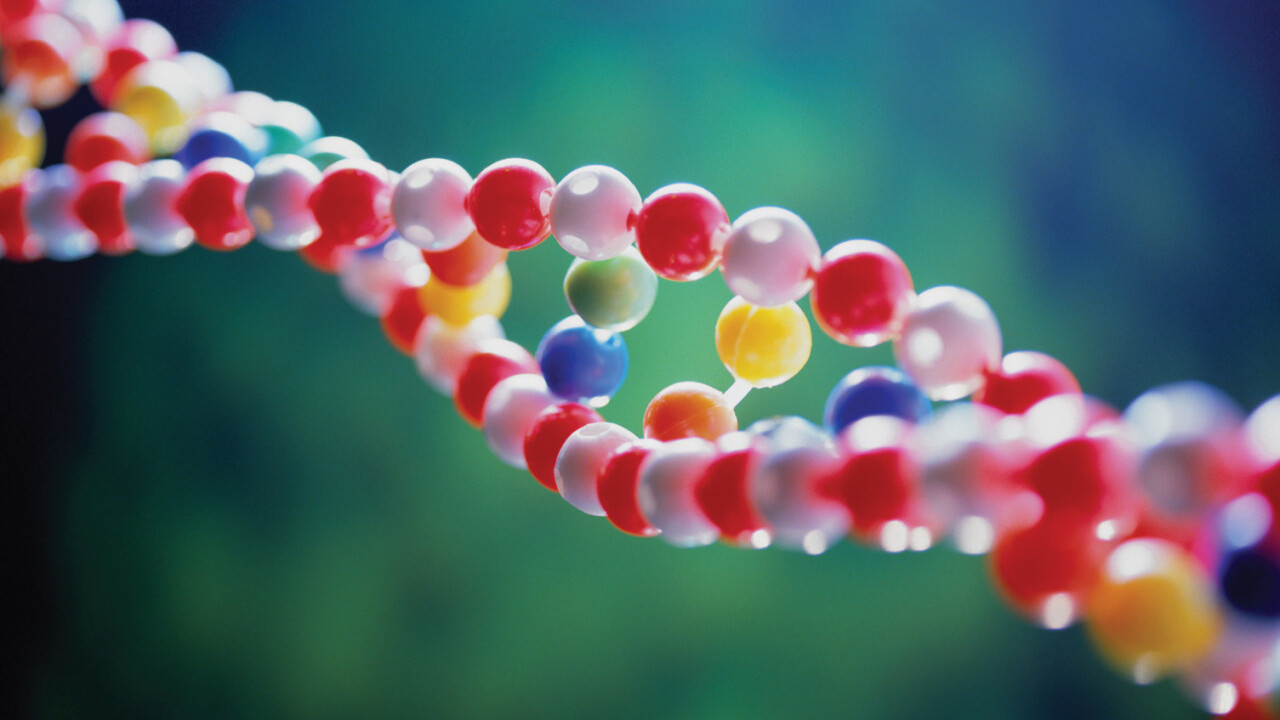Lung cancer is the second most common cancer worldwide, and the number of cases continues to increase yearly. It causes long-term coughing and chest infections and is one of the deadliest cancers.
Conventional chemotherapy and radiation therapy cause serious problems such as decreased white blood cell count, increased risk of infection, and burden on heart function. Hence, it is essential to find natural remedies without side effects.

On a positive note, Fucoidan is a water-soluble sulfated polysaccharide derived from brown seaweed and has proven to contain physiological activities beneficial for any going through cancer treatment. Fucoidan is antioxidant, antibacterial, anti-inflammatory, immunoregulatory, and anti-tumor properties. Therefore, it is also attracting attention in the fields of health, food, and medical biology.
So far, Fucoidan has drawn attention for its anti-tumor effects without serious side effects. Still, the impact of Fucoidan on genetic alterations in lung cancer cells (LCC) has not been systematically investigated yet.
So, in this blog, I would like to inform you about the contents of the survey on the effect of Fucoidan on LCC phenotype and its gene expression by transcriptome sequencing analysis are described as “A Transcriptome Sequencing Study on Genome-Wide Gene Expression Differences of Lung Cancer Cells Modulated by Fucoidan” by Yanjie. Zhao et al.
First, researchers used lung bronchial epithelial cell line 16HBE as normal lung tissue and lung squamous cell carcinoma cell line H226 as cancer cells. To verify the cell adhesion inhibitory effect of Fucoidan, after culturing each cell in a fucoidan-supplemented medium; the cytoskeleton and nucleus were stained with FITC-phalloidin and DAPI and observed under a fluorescence microscope. (See Fig. 1) Cell adhesion was suppressed in both cells when treated with 10,100 mg/mL of Fucoidan; 1 mg/mL fucoidan treatment significantly decreased the number of adhesions only in H226 cells, while 16BBE cells were not affected. Therefore, 1 mg/mL was considered an appropriate fucoidan concentration to inhibit the proliferation of lung cancer cells.1 mg/mL of Fucoidan was suggested to suppress cell adhesion to cancer cells selectively. (See Fig. 1)
Next, each cell was cultured for 1, 3, and 5 days after adding Fucoidan to verify the antiproliferative effect. As a result, the number of H226 cells significantly decreased at 1 mg/mL fucoidan, whereas 16HBE cells were unaffected. At a fucoidan concentration of 10,100 mg/mL, the ability to increase not only H226 cells but also 16HBE cells decreased.
Hence, 1 mg/mL is considered an appropriate fucoidan concentration to inhibit the proliferation of lung cancer cells. Subsequently, the effect of Fucoidan on H226 cells was verified by a wound-healing assay for cell migration involved in cancer invasion and metastasis. As a result, the migration ability of H226 cells was significantly reduced at a fucoidan concentration of 1 mg/mL. (See Fig. 2B)
Furthermore, RNA transcriptome sequence analysis was performed to verify the effect of Fucoidan on gene expression in H226 cells. As a result, they found among the genes (DEGs) whose expression was changed by fucoidan treatment, genes involved in the cell cycle (PRKDC, CDC20, CCNB1), cell adhesion (COL4A2, COL1A1, ACTN1), and cell decreasing and apoptotic (CTSB, CTSD) were increased.
Finally, they performed a database analysis of the functional regulatory pathways involved in Fucoidan-induced DEGs. They discovered that the expression of these DEGs affected DNA replication, cell-substrate junction, cell cycle phase transition, focal adhesions, cadherin binding, and intercellular adhesion. It was suggested to give these studies indicate that Fucoidan exerts specific anticancer effects on lung cancer cells through the regulation of gene expression. Also, it is expected that Fucoidan will be used as a therapeutic agent for lung cancer.


